By Emeka Nwokocha
Electricity generation started in Nigeria in 1896. Regrettably, the Nigerian power sector is currently faced with myriads of challenges.
They include frequent power outages and disruptions, transmission and distribution bottlenecks, poor maintenance culture, corruption – looting of funds meant for power sector reform, regulatory uncertainties and policy inconsistencies, inadequate power generation capacity, as well as operational inefficiencies of the distribution companies (DISCOS), to mention but a few.
These challenges seriously constrain growth of the country, just as more than 39% of the population do not have electricity. Nigerians are not ignorant of this grim fact.
They have courageously shown resilience in the face of the hurt from epileptic power supply and consistently called on their governments to address the challenges bedeviling the power sector and provide regular power supply to catalyse economic growth, industrial transformation and technological revolution.
But the calls had been flagrantly ignored by successive governments as power outages continue to stare the people in the face.
Nigeria is endowed with large oil, gas, hydro, and solar resources, and have the largest population and largest economy in sub-Saharan Africa, but the country ironically struggles to produce 5,000 megawatts of electricity, just too small to meet the energy demand – “98,000 megawatts” of its estimated 220 million people (Nigeria energy report, 2019).
It is pertinent to say that the challenges trailing the Nigeria energy sector have stayed for decades and consequently slowed industrialisation, economic boom, technological advancement and alarmingly dwarfed growth of the country.
Juxtaposing Nigeria’s production of 5,000 megawatts of electricity for a population of 220 million people with South Africa’s production of 48,000 megawatts of electricity for 60.41 million people, starkly tells the laissez-faire attitude of the past and present Nigerian governments towards fixing the power sector and laying the foundation for socio-economic transformation and industrialization of the country.
It is a universal truth that regular power supply is an indispensable resource needed for industrialisation of any nation.
The proofs are evident in the industrialisation stories of European countries, U.S., Canada, the Asian Tigers – Hong Kong, Singapore, South Korea and Taiwan, including Japan, China, Malaysia, and South Africa.
Truth is, those at the helm of affairs of Nigerian governments are not ignorant of this obvious fact. But they have sadly and bluntly refused to prioritize the power sector and address the perennial challenge bedeviling the sector. Their nonchalant disposition towards the ailing power sector puts a serious dent to their integrity to govern the country. In short, it leaves a sour taste in one’s mouth.
As this seeming intractable epileptic power supply lingers, discerning Nigerians are alarmed at the increasing number of generators imported into the country every day.
They are worried that importers of generators are fuelling the crisis in the power sector. But the leadership of the Senate has since rejected the motion which sought to ban importation of generator, which further exposes the lack of political will by Nigerian leaders to tackle the challenges in the power sector.
No thanks to the President Olusegun Obasanjo’s styled privatization of the power sector, a policy that has received more condemnation than praise.
Following the abysmal performance of the power sector in the post privatization years, Nigerians are calling for the revoke of the privatization so that the sector will be recalibrated, reorganized and repositioned to make better progress in electricity generation, transmission and distribution.
A flip to the President Obasanjo’s Independent Power Project (IPP) innovation evokes a felling of despair. It pointedly tells that despite the huge resources allocated to the IPP project, not much achievements have been made in recent years.
In a nutshell, all the policies initiated by past and present governments to revamp the power sector have not achieved the desired progress.
The obvious truth is that the Nigeria electricity system is laden with a huge burden. It has since “broken down” and fails to meet the country’s power needs.
The sector seriously calls for a thorough overhaul now.
The government of President Bola Ahmed Tinubu should heed the salient call now, further delay will not be tolerated by Nigerians any more!
Enough Is Enough!


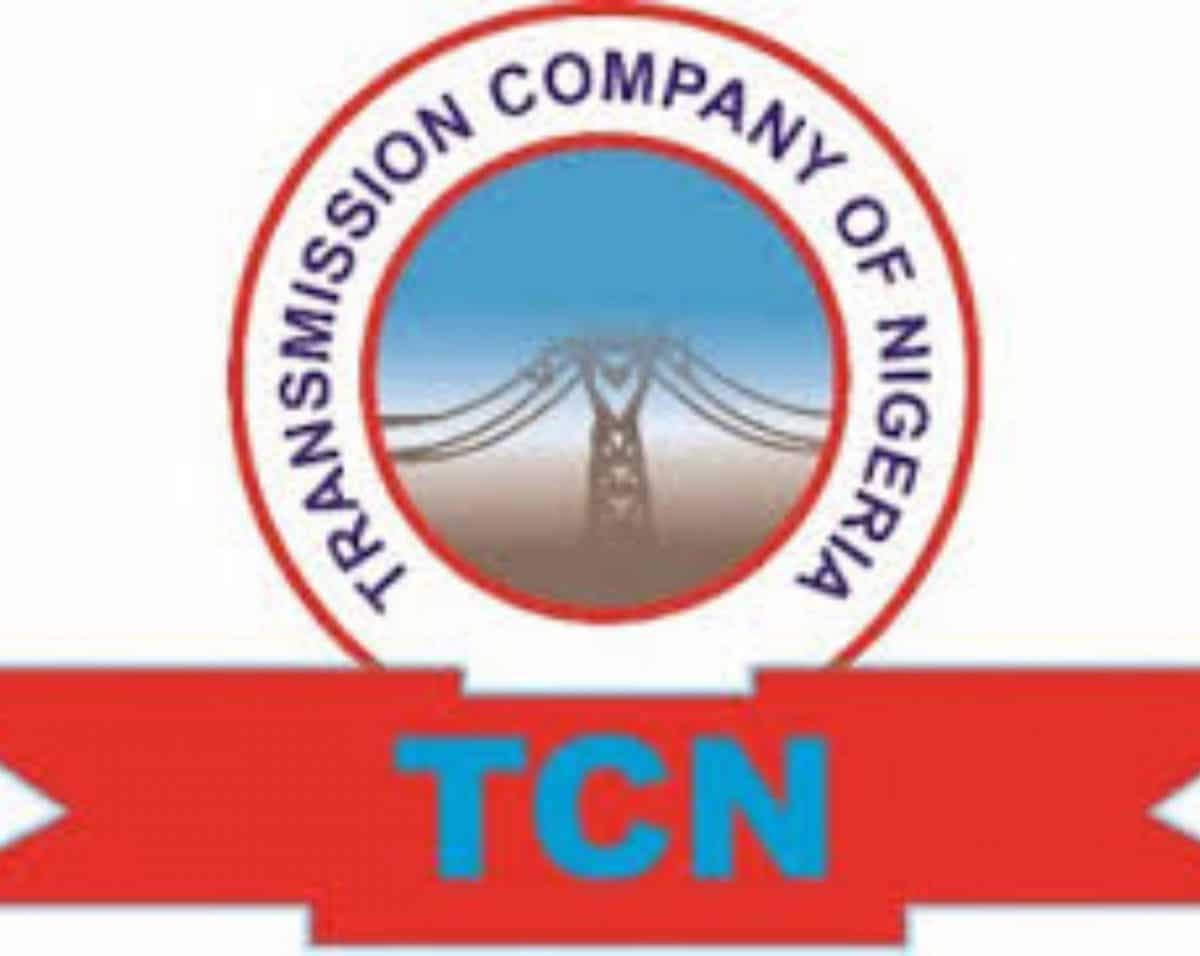







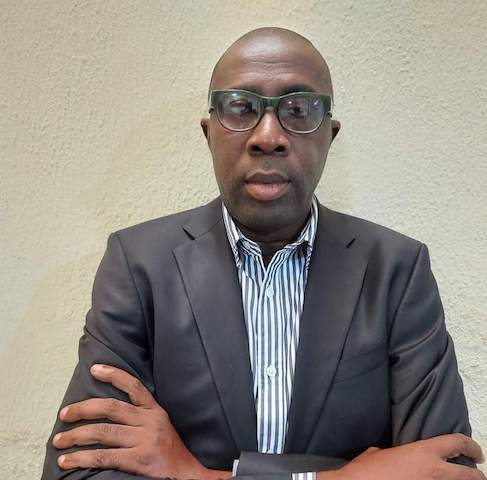


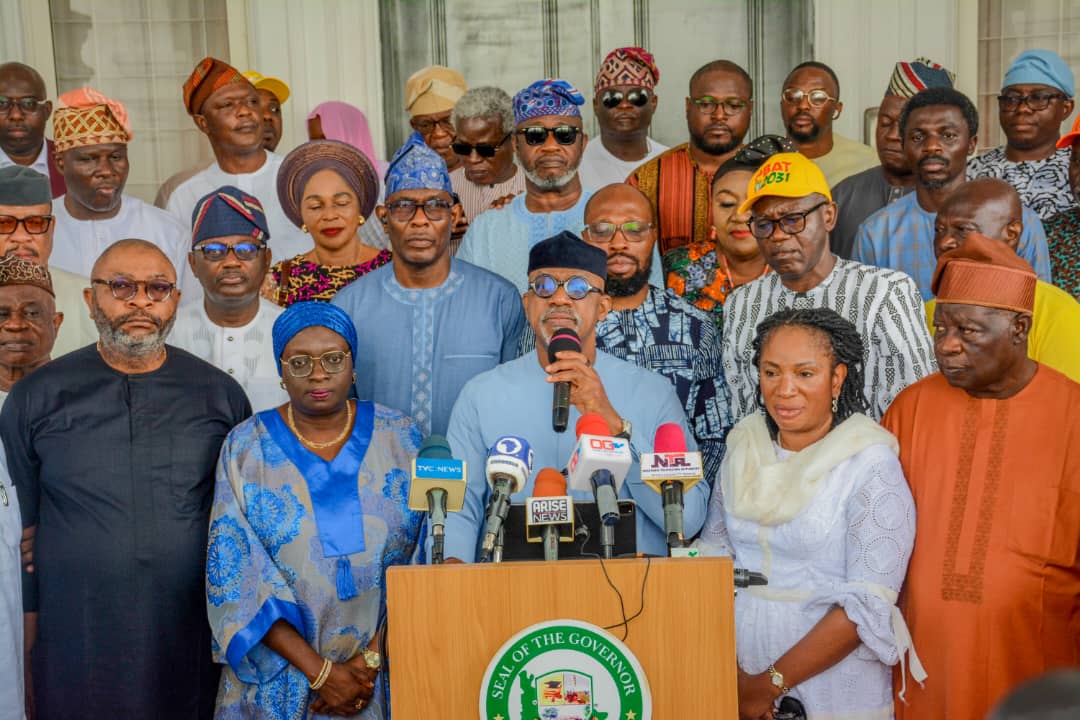
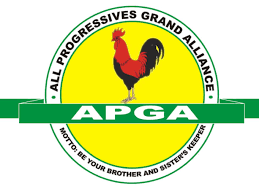
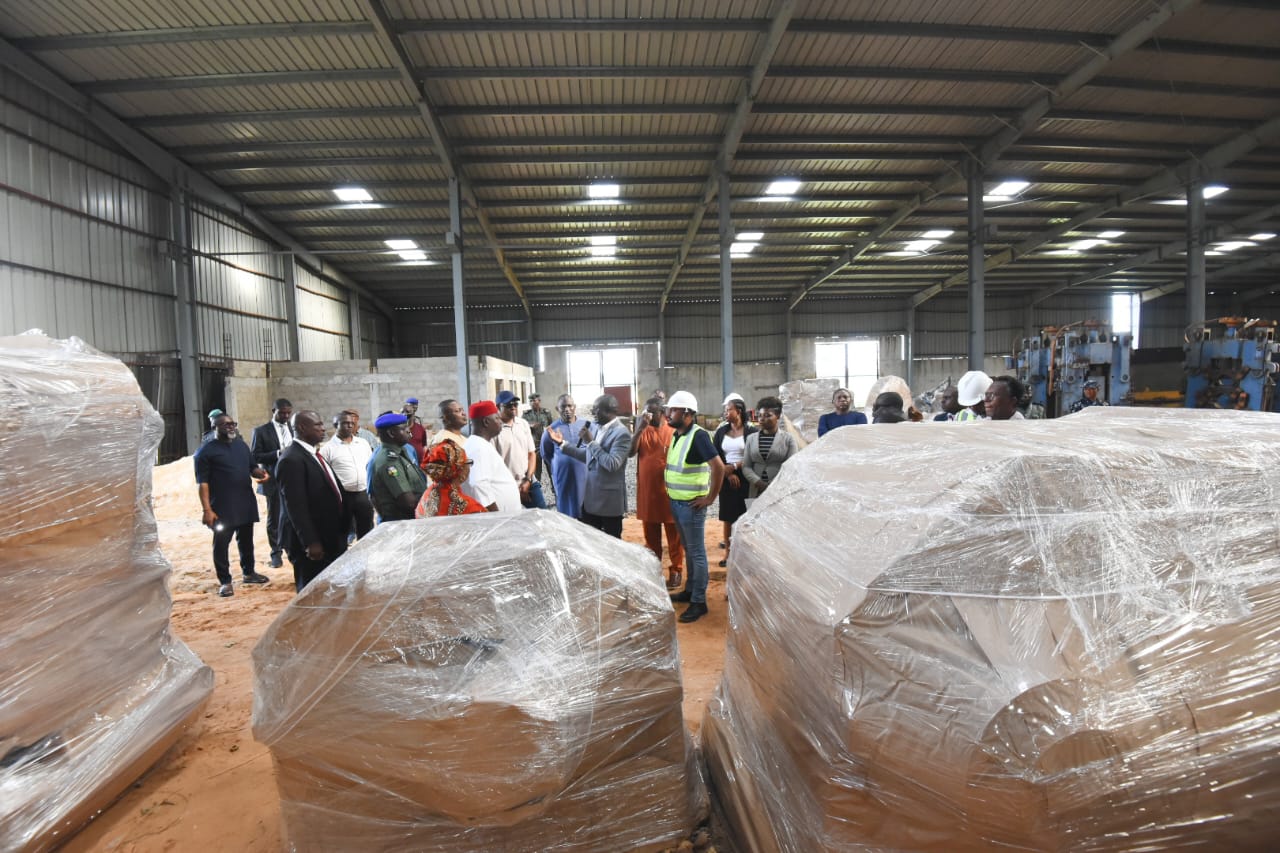
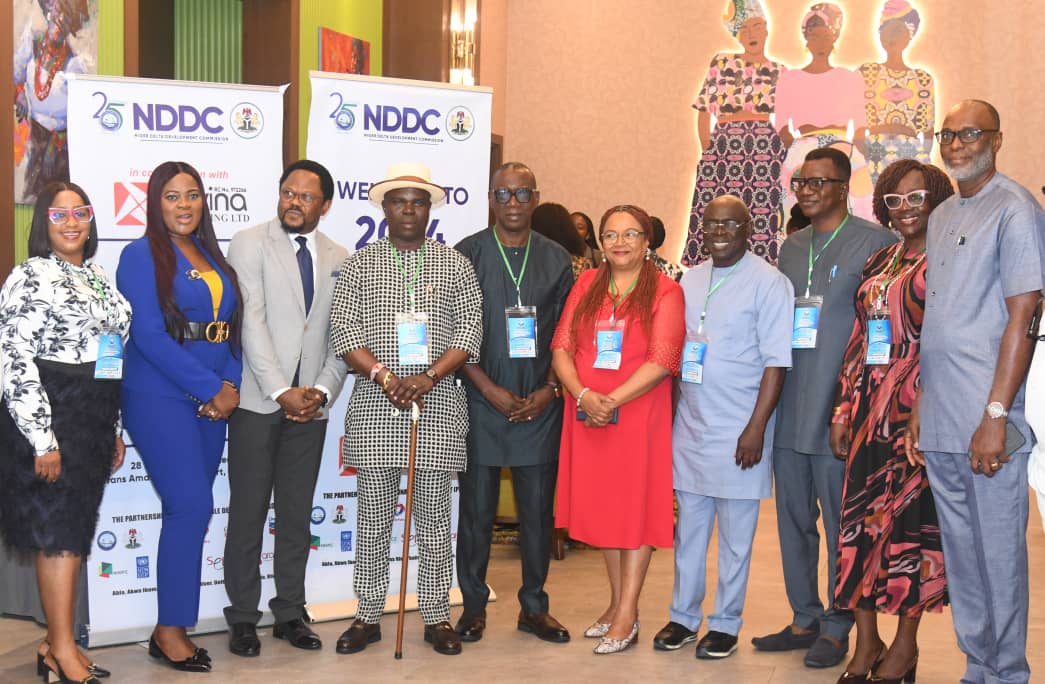
Leave a Reply